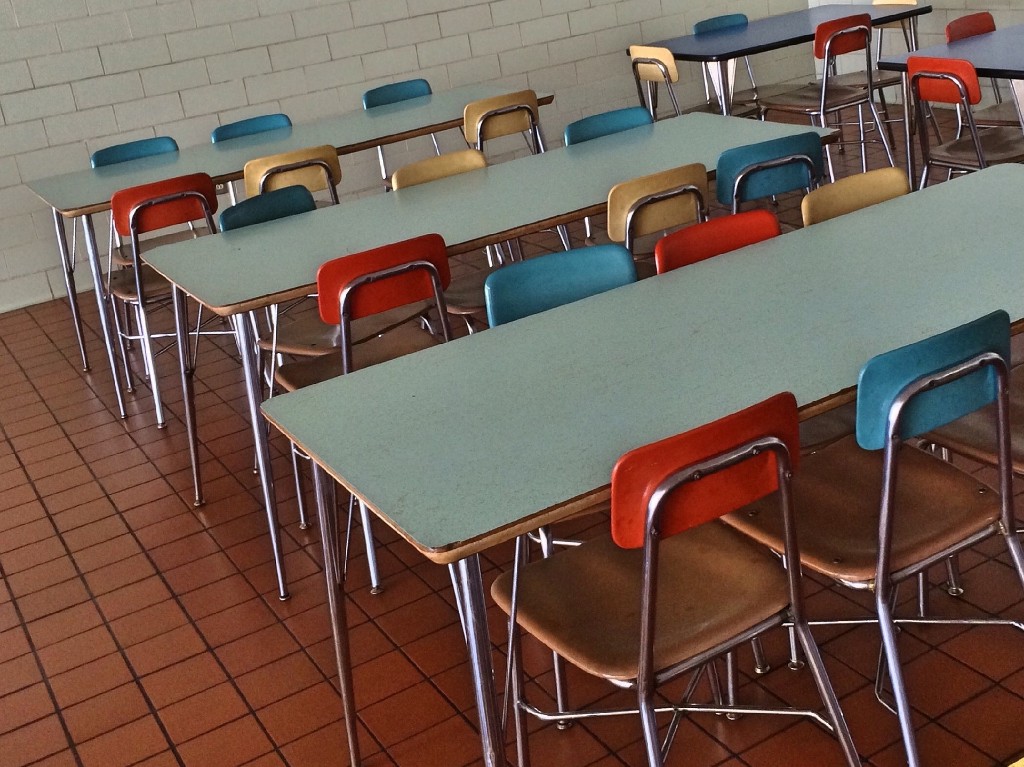A new report released by the nonprofit advocacy group D.C. Hunger Solutions has revealed that some charter schools in the city are not offering free breakfast to students.
The city’s public or public charter schools must provide free breakfast to students according to the D.C. law. D.C. Hunger Solutions report recommends that 70 low-income students are given free breakfast for every 100 students who take part in the school lunch program.
Out of the 123 public charter schools, only eight show over 95 percent participation in breakfast, official data indicates. About 23 schools failed to get more than half of low-income students who participated in lunch to join breakfast.
Beverly Wheeler, director of D.C. Hunger, told Wamu that successful schools really believe in breakfast, and in “breakfast after the bell” which means alternative ways of delivering breakfast outside the cafeteria. Under the Healthy Schools Act, which mandated schools to offer free breakfast across D.C. in 2010, most schools in which more than 40 percent of students qualify for free or reduced-price lunch are required to provide breakfast in the classroom or on “grab-and-go carts.”
According to Wheeler, the low participation rates in some charter schools show that these schools are not complying with that law.
Wheeler said that D.C. once led the country in offering school breakfasts. The District had the number one participation rate in the country for the 2010-2011 school year after the Healthy Schools Act was implemented. However, it currently ranks fourth in the country as per the Food Research & Action Center.
Last year, an amendment to the Healthy Schools Act passed by the Council, which was also signed by the mayor, would have meant an addition of annual $2 per pupil subsidy for alternative breakfast delivery. However, the mayor’s proposed budget for 2020 did not include this fund.
The report notes that the D.C. Healthy Students Amendment Act is not yet funded. “Without funding, implementation of the annual subsidies and increased meal reimbursements will be delayed, and it will be difficult for D.C. to prioritize expanding access to school breakfast to ensure that all children and families in the District receive the nutritional, educational, and financial benefits of school breakfast,” the report states.
In 2017, D.C. had earned the number one ranking in the country for participation in after-school meals.
The report calls for D.C. Council to prioritize fully funding the legislation in the coming year, concluding that D.C. can regain its first place in the nation for school breakfast participation.
City Breaking Law by Unequally Funding Schools, DC Charter Schools Argue in Court

